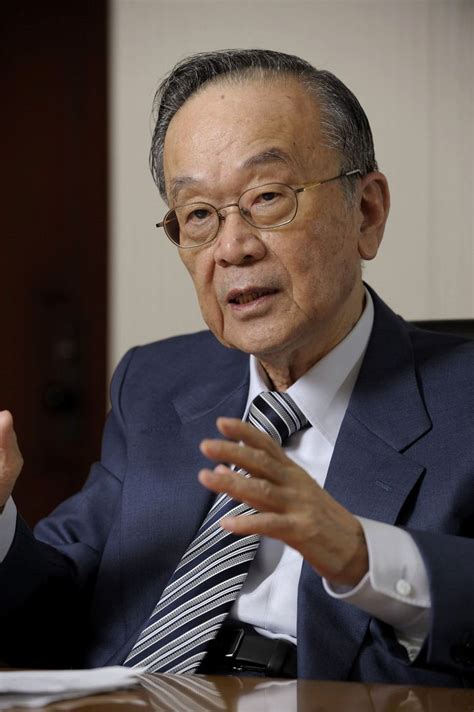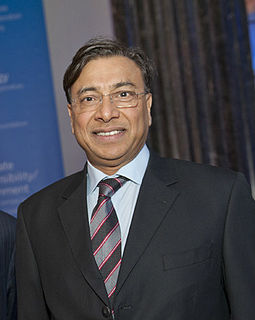A Quote by Simon Mainwaring
Companies, to date, have often used the excuse that they are only beholden to their shareholders, but we need shareholders to think of themselves as stakeholders in the well being of society as well.
Quote Topics
Related Quotes
Shareholders are sort of like cats; they get herded around, and they follow the leader. With the exception of a few activist shareholders, there are a very rare number of big, important, influential shareholders that like to step up and say there's a problem here, especially when they're making money.
I believe Washington should be a more active participant focusing on the issue of why corporate shareholders and mutual fund shareholders are not given fair treatment by corporate management and mutual fund management. We need to develop a national standard of fiduciary duty to ensure that these agents, if you will, are adequately representing the principles - pension beneficiaries and mutual fund shareholders - whom they are duty bound to serve.






























